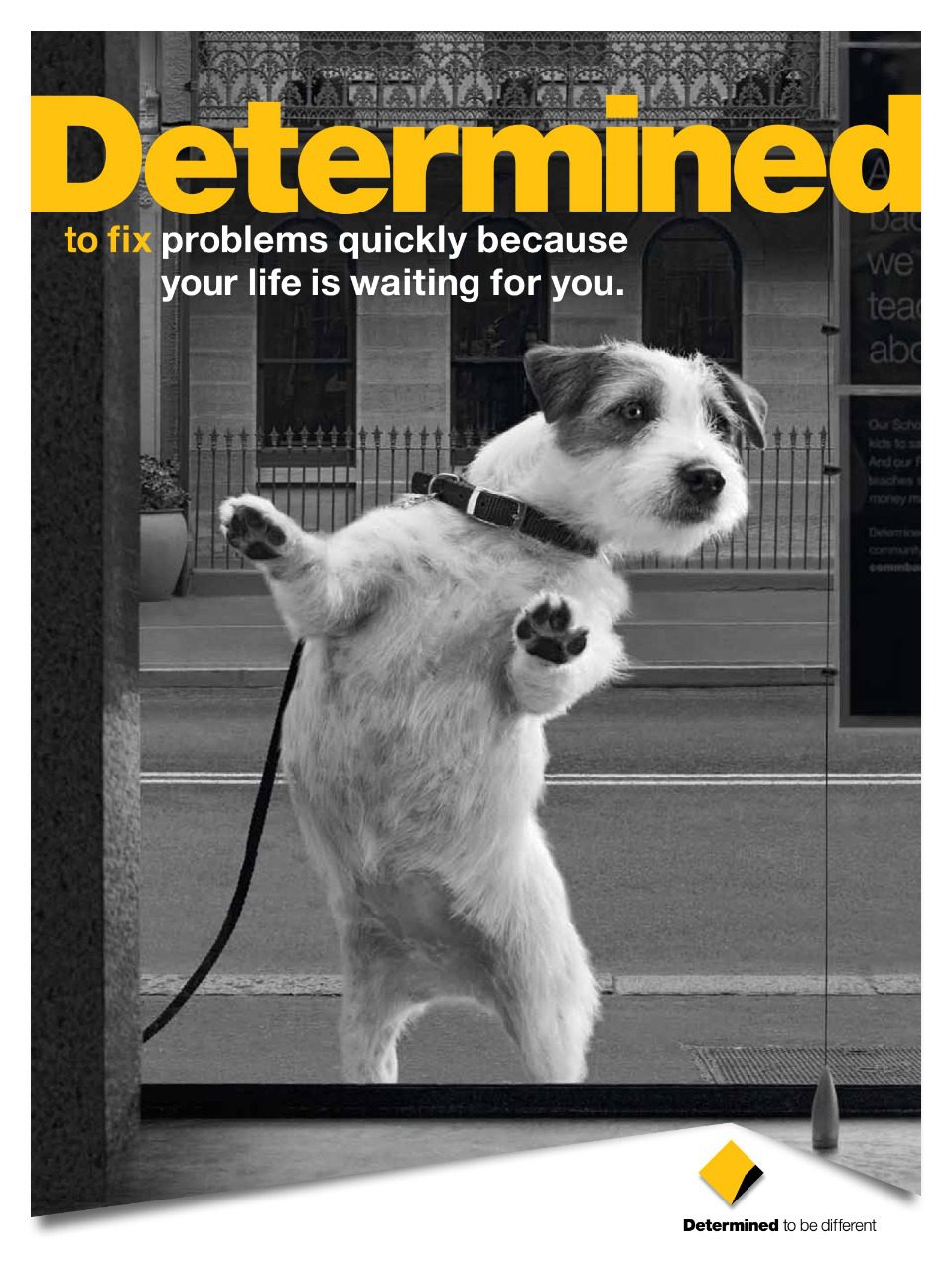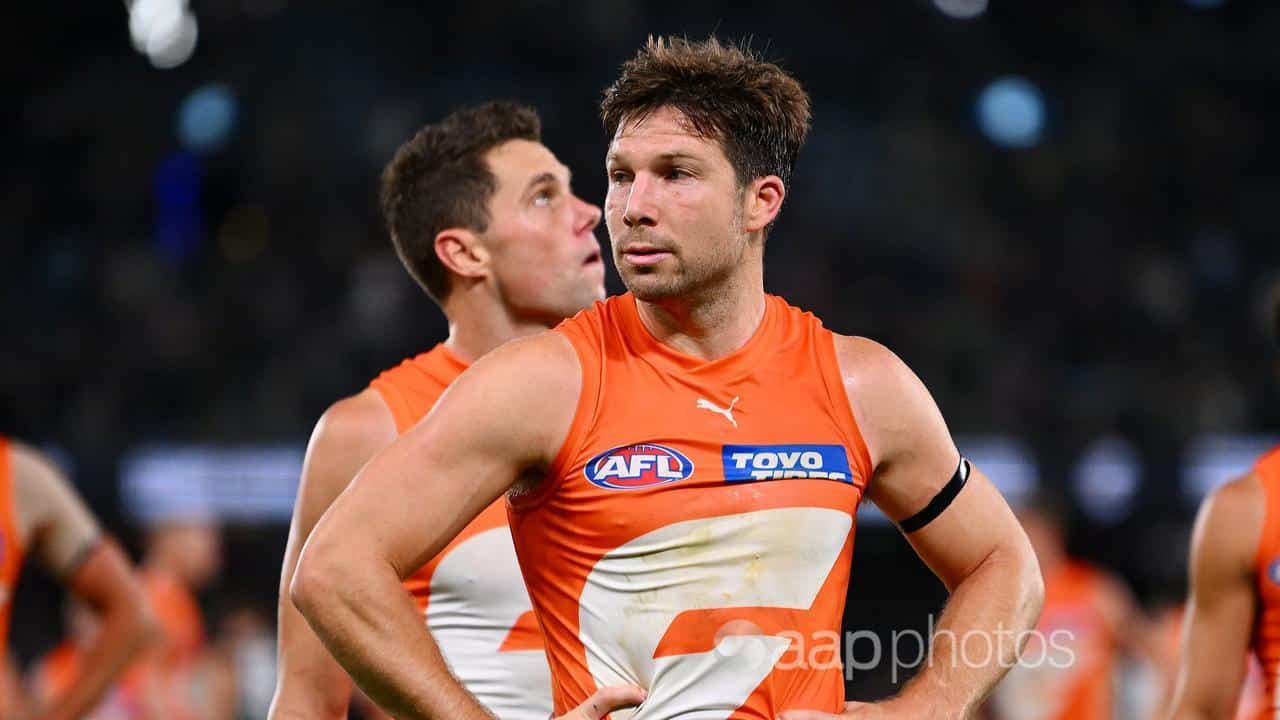CHRIS MINNS, NSW LABOR LEADER: Chris Minns here the NSW Labor leader. I’m with Jo Haylen, the Shadow Minister for Transport. A bit on the agenda this morning. First up, there are reports from the NSW Government that infrastructure projects in this state are going to be delayed, potentially cancelled. Everything from major road, rail, hospital and school upgrades, to other pieces of important infrastructure for the state.
Now, I understand that the Premier is getting towards the budget to be handed down in June. I’d urge him to be – have candour with the people of New South Wales, with the taxpayers of this state about what projects are going to go ahead and what are likely to be cancelled. Many people, tens of thousands of people make infrastructure decisions and personal decisions about where they will live, what they will buy, and where they will raise a family based on infrastructure from the NSW Government.
There needs to be more than words on a media release. We need to understand what the government’s infrastructure pipeline is likely to be, what projects are likely to be cancelled, so that we can have an understanding about what the needs of the state are.
I understand that the Premier has flagged these issues. They are going through a process. They will be well aware of what projects are likely to be cancelled in the next few weeks and months, and I’d urge him to talk with the taxpayers of this state. After all, they’re the people who actually foot the bill.
My other concern about the proposed changes to the infrastructure pipeline is that despite the fact that billions of dollars have been spent east to Parramatta, it looks like now the music’s about the stop, and families of Western Sydney are going to miss out yet again. We’re seeing many people move into this part of Sydney, they deserve and need the infrastructure to cope with the increased population as it stands today, not even taking into account the hundreds of thousands of people that are moving into all of those local government electorates and councils over the next two decades. They need the infrastructure to keep pace with the growing population.
Look in relation to the flood response, I would urge the people of New South Wales and in Sydney to listen to the emergency responders, listen to emergency broadcasts, understand where severe weather events are likely to occur, particularly in Western Sydney. Again, a repeated call not to drive through floodwaters. You’re putting yourself, your passengers and of course rescue is in danger if you attempt to drive through a flood water zone. We understand that there’s been 38 rescues over the last 24 hours something like 1200 calls for assistance over the same period of time so please report to Triple O and emergency authorities if you see an emergency or dangerous situation taking place. Don’t take it for granted that someone else would have reported that to authorities. It may well be that you are the person that needs to report this to Triple O so that emergency service personnel and rescuers can get on the scene.
Lastly, before I hand over to Jo, my sincere sympathies for the life that’s been lost today. Reports of a man that has not survived this terrible weather event and of course our sympathies are with his family today during this very difficult time. Jo.
JO HAYLEN, SHADOW MINISTER FOR TRANSPORT: Thanks Chris. Jo Haylen Shadow Minister for Transport and Infrastructure. Every day across Sydney passengers are facing more cancellations and delays because of this government’s total failure to manage our train network. Last month alone one in three trains were late or did not turn up at all. Passengers are sick of the government’s excuses. They just want to know that their train is going to turn up so that they can get to work and get their kids to school on time.
It’s clear the government has totally lost control of the transport portfolio. We’ve got massive budget blowouts across all of their infrastructure projects. We’ve got their obsession with overseas made ferries, trams and trains – it has been a total disaster, and they cannot even run our train network. Look, nobody can control the weather, but passengers across Sydney are sick of the government’s excuses and just want their trains to turn up on time.
MINNS: We’re both happy to take questions.
JOURNALIST: I was going to ask – what did you make of the comments from Geoff Lee yesterday at the Western Sydney Forum calling for federal funds to make sure Parramatta Light Rail Stage Two goes ahead.
MINNS: Geoff Lee obviously called for infrastructure for Western Sydney. He’s been slammed by the Transport Minister this morning. Looks, these liberal MPs seem to be fighting with each other, no one’s fighting on behalf of Western Sydney. We need to know what infrastructure is going to go into this growing part of Australia and New South Wales. At the end of the day, most new businesses, most entrepreneurs, most of the dynamic part of the New South Wales economy is beginning in Western Sydney. We’re looking at a population increase for example, in Blacktown of over 200,000 people over the next 20 years. Liverpool its 190,000, Camden, 180,000, Parramatta 180,000, Canterbury-Bankstown 140,000 extra people moving into this community. It’s clear to everybody that you need infrastructure to cope with this growing population, and look when I go into places like Elara and Marsden Park and you speak to families, they’ll say, when we moved in, we were promised new schools and new infrastructure. And then you look around these suburbs which are full of houses and schools and the infrastructure are not there. Now I realise it’s a complicated issue, growing population is a difficult thing to get your head around and you need to make sure infrastructure has been planned ahead. But if we can see independent and non-government schools putting in the infrastructure, ahead of population growth, then why can’t the government do the same thing?
JOURNALIST: Just picking up on that comment about schools and your call for them to have candour with the populace. In previous budgets, they used to put a timeframe on when schools were due to be delivered and in recent budgets they’ve actually removed that timeframe. Would it be in your mind transparent enough if they started to put after this review those timeframes back on things? I mean, would you see value in that or is if a project or a school is pushed out beyond toward estimates should they just say that projects cancelled?
MINNS: Yeah, that’s a very good question in terms of the candour of the NSW Government, I mean, I think there’s two points here. The first one is we need to make sure that infrastructure goes into Western Sydney. So I don’t want to leave anyone with the impression that if you come clean about your intentions in Western Sydney, that’s good enough. You need to put dollars into that community because if they’re going to see the level of population growth that’s been predicted and being guided by the NSW Government, they’re not going to cope over the next five to 10 years. But the second part of this is making sure that you do have candour with the people of New South Wales. We all know that people are going to the polls over the next few weeks. Western Sydney will be a key battleground. I think those voters have got every right to understand where their taxpayer dollars are being spent. And are they going to get the infrastructure to cope with a growing population? If the answer’s no, then they’ve got the NSW Government has an obligation to tell them that before they cast their vote the federal election and of course before they cast their vote in New South Wales.
JOURNALIST: The weather bureau on the trains, they’re pretty clear today that the current weather pattern is going to continue for at least the rest of April. That being the case how do you prevent trains running late if it is raining so much?
MINNS: Yeah, I understand that and the, I guess, maintenance and repairs on the transport network help ameliorate some of the delays associated with wild weather and disasters on the rail network. It’s also I think, another reason why it’s so important to have the NSW Government speaking with the rail workforce to avoid industrial disputes.
JOURNALIST: They’re doing it now to in fairness of a six week period …
MINNS: To an extent but I mean, you’ve got to look at the record of the NSW Government over the last few months, in addition to the weather situation and the impact that’s had on the reliability of trains. It’s been doubled down because of industrial disputes, and also the NSW Government’s own decision to close the rail network without consulting the Premier or the Minister for Transport. So you are going to have a situation when there are weather events that do delay people to come to and from work. I’d say that that puts the impetus back on the Minister for Transport to make sure all other elements of transport management are actually undertaken. And it seems to me that he’s more interested in defending the Prime Minister, talking about unions, talking about federal pre selections, potentially resigning his role running for federal federal parliament. I can’t think of somebody who’s got a more important job at the moment than administering and managing the public transport network and it seems to be the furthest thing from his mind. That’s what he’s getting paid for. That’s what he needs to start focusing on.
JOURNALIST: On a completely different topic, the virus. The Premier today said that he would like the seven day isolation rules for household contacts eased as fast as possible. His words. Two days ago, the Health Minister said we need to be cautious and they shouldn’t be changed at the moment, what’s your view and is it a bit of a worry to see a split in the government?
MINNS: Yeah, I’m not gonna exploit if there is a difference of opinion inside the government because I actually do understand that there are reasons that you would examine the seven day COVID exemption rule, it needs to be done in concert with the chief health officers. I understand it’s going to national cabinet to get expert advice. But that’s the push and pull of a complicated decision and if the government is wrestling with it, and they’re consulting Kerry Chant, and they get to a common sense, reasonable solution, we would certainly look closely at it. Our criticism of Dominic Perrottet previously, has been that he hasn’t listened to the expert advice. They’ve shown a willingness to be understanding of the changed circumstances and willing to change policies and procedures, but to do it in concert with the Chief Health Officer. If that takes place, I’m not going to knock him and if they’re publicly ventilating the issues that they’re confronting as they make those decisions, I think that’s probably appropriate because I think many people are saying, looking at other jurisdictions, looking at other countries around the world and saying, there needs to be a solution to this. We need to do it with the health authorities. But we’ll wait and see what their decision is, but I’m not going to knock him at this point.
JOURNALIST: He said that he will balance health advice and economic advice. He was very clear that he wants to see a change. What’s your personal view given you’ve been through it, what do you reckon?
MINNS: Well, I mean, this is the reason we have the Chief Health Officer and this is the reason why we have the national cabinet and Australia should take advantage of the fact that other countries around the world and other jurisdictions with a similar disease profile, have gone through what we’re about to go through, which is the winter flu season putting pressure on public hospitals along with a rising COVID number. Now, I am sure that Dr. Kerry Chant will take into consideration what the disease profile of the Omicron variant and any other sort of other variations of Omicron have done to the health system in the UK, what the impact on the NHS was, how many people were infected with the disease. I assume they’ll apply those same standards here in Australia. And I guess what I’m trying to say is I understand it’s a complicated decision that they have to make. And while we will, of course, hold the government to account and we see it as our obligation to point out when things have gone wrong, when you’re dealing with difficult decisions like this, as long as it’s being done with Dr. Kerry Chant, she can come into the decision making process early, I’m not going to knock them.
JOURNALIST: Jo, can I just ask you just about Parramatta light rail stage two, what is your view on asking for federal government funding to get this done? I mean, if if this funding can see this project become more certain and delivered more quickly for the people of Parramatta and Wentworth Point, is that not a good thing?
HAYLEN: Well, I think we need to be very clear here. This is a promise that the government made, this is a promise that the state government made five years ago to the people of Western Sydney. People have bought homes, people have made investment decisions – they’ve opened businesses along that proposed route on the basis of that promise. But it turns out the paper those promises are written on is absolutely worth nothing. Instead, this government is arguing amongst themselves. They’re all coming up with a range of ideas. Within 72 hours, we had Transport Minister, David Elliot saying that he was going to build the trams here. Then he had Rob Stokes, the Minister for Cities and Infrastructure saying well I’m sorry we can’t afford it. And then we’ve got Geoff Lee trying to run to Canberra and ask for the money. The reality is that the government promised this project five years ago, and they are breaking their promise to the people of Western Sydney, the people of Western Sydney. The people of Western Sydney are currently being forced into their cars every day on to toll roads with ever increasing tolls. They deserve public transport choices that the rest of Sydney enjoys.
MINNS: Can I raise a couple of other issues at the expense of pushing the friendship? The first one is in relation to the airport. Now I understand that there has been not as much staff as required to transact security and make sure that people can get to planes this morning. Tomorrow is going to be big transport day. We really need to make sure that this important part of the infrastructure of Sydney begins to work. We’re starting to see encouraging signs of us getting back to normal; families traveling pushing the domestic economy, the domestic tourism economy, but I’m really concerned that those great signs of activity are going to be snuffed out because we can’t get the infrastructure right. And we can’t get the staffing levels right. I realize it’s a complicated issue, but all hands need to be put on deck to solve this important issue because tourism is an important part of the New South Wales economy. It’s encouraging that it’s getting back on track, but we can’t have it snuffed out before it begins. We need people traveling. We need people spending money particularly in our regions, but that requires the airports to work.
Second thing is I want to defend and speak a little bit about the opposition’s questioning in relation to the flood and recovery. I think it’s really important to ask questions, not just from Labor and not just from the crossbench but from all politicians representing all political parties. Asking questions after a natural disaster are very important and when you’ve got the Premier of New South Wales, who said in the opening days that mistakes were made, serious errors were made, then it’s incumbent upon the opposition to ask what were those mistakes? And in particular, how do we fix them? The NSW Labor Party is not interested in resignations. We’re not interested in assigning blame. I’ve not called for anyone to quit or be pushed out. But I do want to make sure that the next disaster is met with an up to date and effective flood response or disaster response. I can’t see what’s happened on the North Coast happen again in some other community. So if we can learn lessons through Parliament, we will ask those questions, not for our sake, but for the sake of the people of New South Wales. Thanks.


















